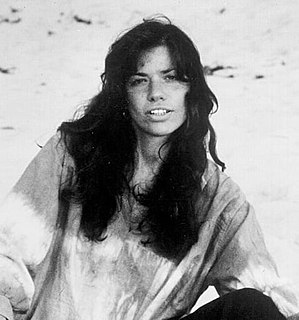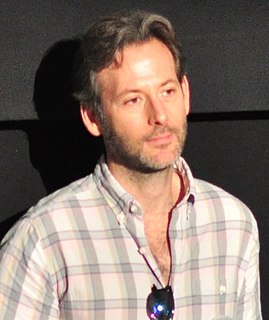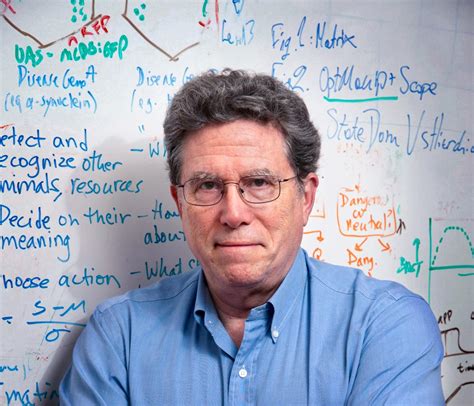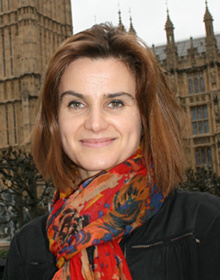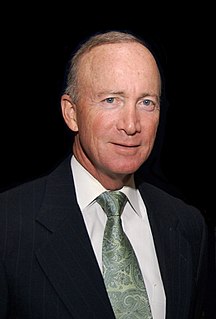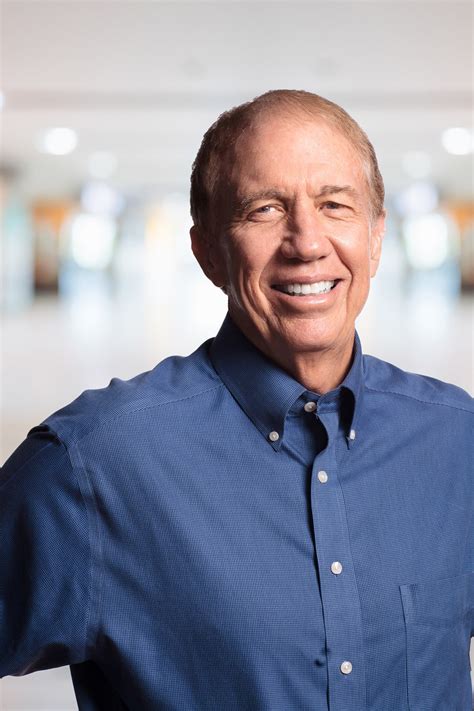A Quote by Ray Dalio
As Harvard developmental psychologist Robert Kegan, who has studied Bridgewater, says, in most work places everyone is working two jobs. The first is whatever their actual job is; the second consists of managing others' impressions of them, especially by hiding weaknesses and inadequacies - which is an enormous waste of energy.
Related Quotes
Working in local news makes you very self-sufficient, which is a good thing because you know how all the different jobs work. I've worked many of those jobs in the newsroom, from my first job answering the phones and working the prompter, to producing, to being a reporter who does all of those things.
For most actors, it's such a struggle to get work. Once they have it, they feel that there's an enormous amount of pressure on them to make it work, and have everyone love them. In my case, it was never like that. It was just about working with the people that I want to work with, and telling the stories that I want to tell, you know?
Value investing strategies have worked for years and everyone's known about them. They continue to work because it's hard for people to do, for two main reasons. First, the companies that show up on the screens can be scary and not doing so well, so people find them difficult to buy. Second, there can be one-, two- or three-year periods when a strategy like this doesn't work. Most people aren't capable of sticking it out through that.
There are two things I enjoy most about my work. First, I get to work with interesting and enthusiastic people who are also fired up about science. Second, every once in a while I have moments in which I suddenly understand the solution to a problem that I've been working on - those are great moments.
My summer jobs for three years were going to work in my dad's factory and earn a bit of pocket money. I absolutely loved it, and I think I learnt more there than I did at Cambridge, actually, in terms of how hard work is and how tough it is finding a job, keeping a job, managing a job and family and commitments outside of work.
Most people have a hard time confronting their weaknesses in a really straightforward, evidence-based way. They also have problems speaking frankly to others. Some people love knowing about their weaknesses and mistakes and those of others because it helps them be so much better, while others can't stand it.

